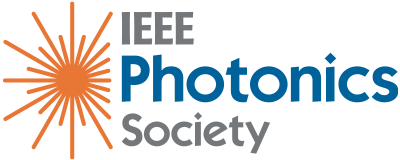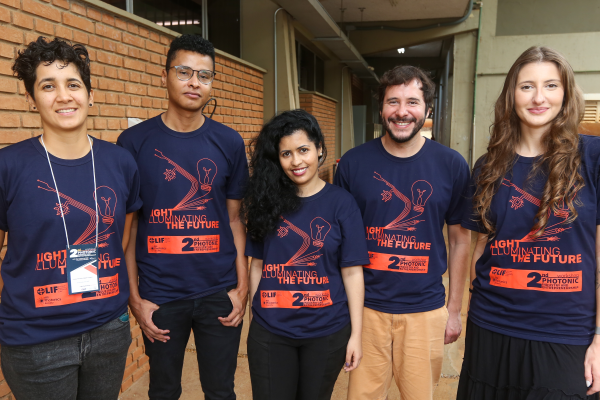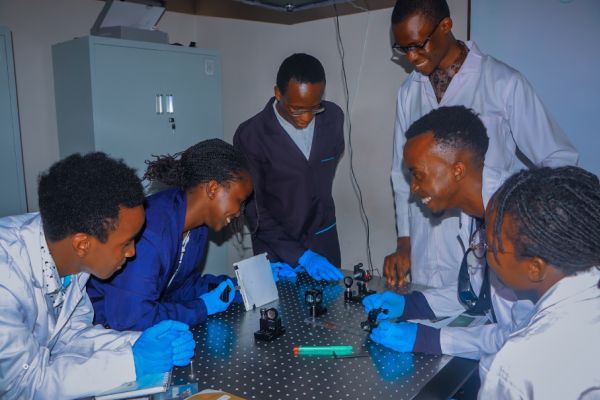Organized by UNICAMP Integrated Photonics Laboratory with the support of IEEE Photonics Society
Report written by Natalia Cañas Estrada, Julia Bergamaschi, and Daniel Renner
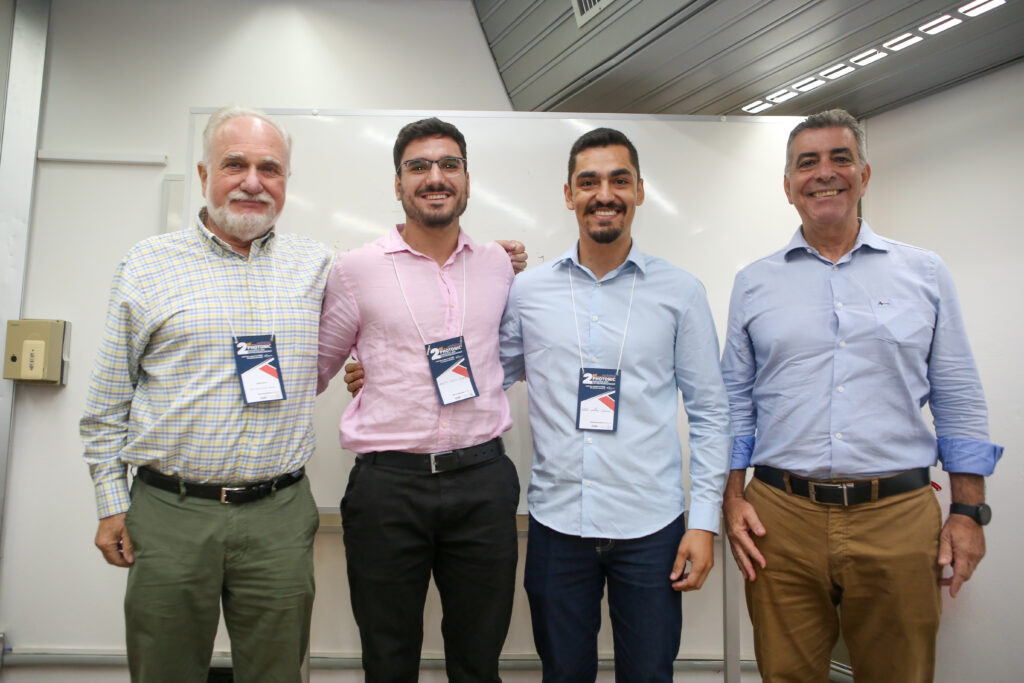
Brazil is the fifth largest country in the world by land area (after Russia, China, United States and Canada) and has one of the largest populations, with about 216 million people. This enormous country has built the world’s ninth largest economy (GDP USD 2,127B), comparable to the size of the economies of Italy (GDP USD 2,186B) and Canada (GDP USD 2,118B). Its high-tech sectors have generated world-class successes in the aerospace, energy, telecommunications and automotive industries. The question is whether similar successes can be produced in the photonics sector. There are currently over 300 manufacturers of photonics solutions in Brazil and over 5,000 professionals working in these companies [1], in other words, there is a nascent self-sustaining photonics ecosystem. In order to support the further development of the Brazilian photonic ecosystem and provide business training to young photonic engineers, the Photonics Integrated Laboratory at the University of Campinas (UNICAMP) organized this past October its 2nd Workshop on Photonics Industry and Entrepreneurship. The workshop was supported by the IEEE Photonics Society, and it brought together leading photonics industry figures from domestic and international organizations, in a highly interactive event, to the great benefit of attending students and engineers, aiming to start or further develop a career in the Brazilian photonics industry.
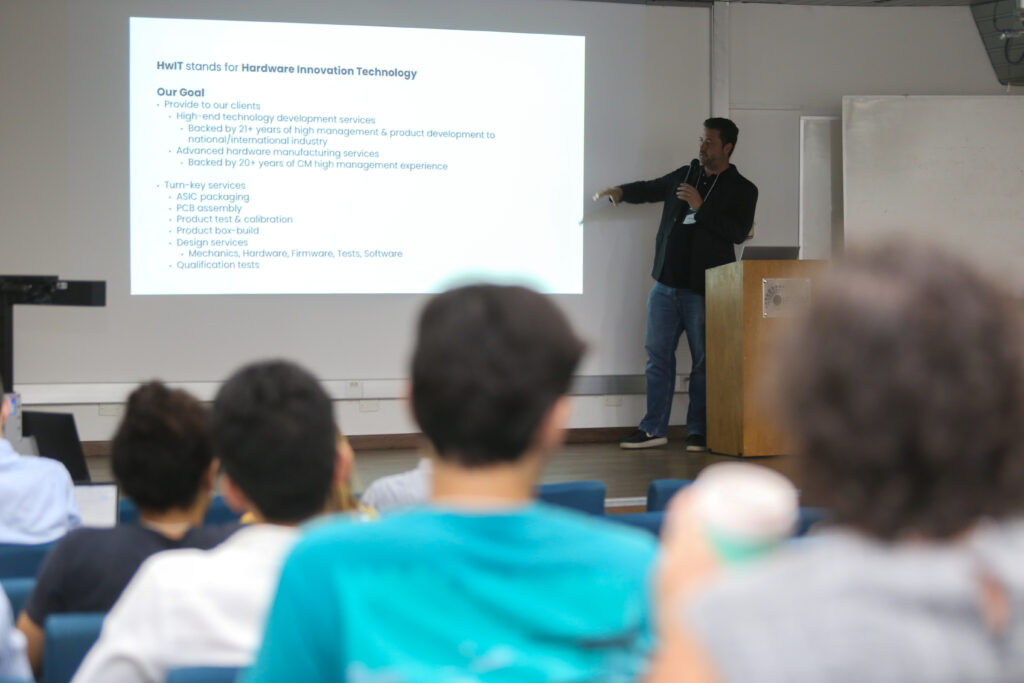
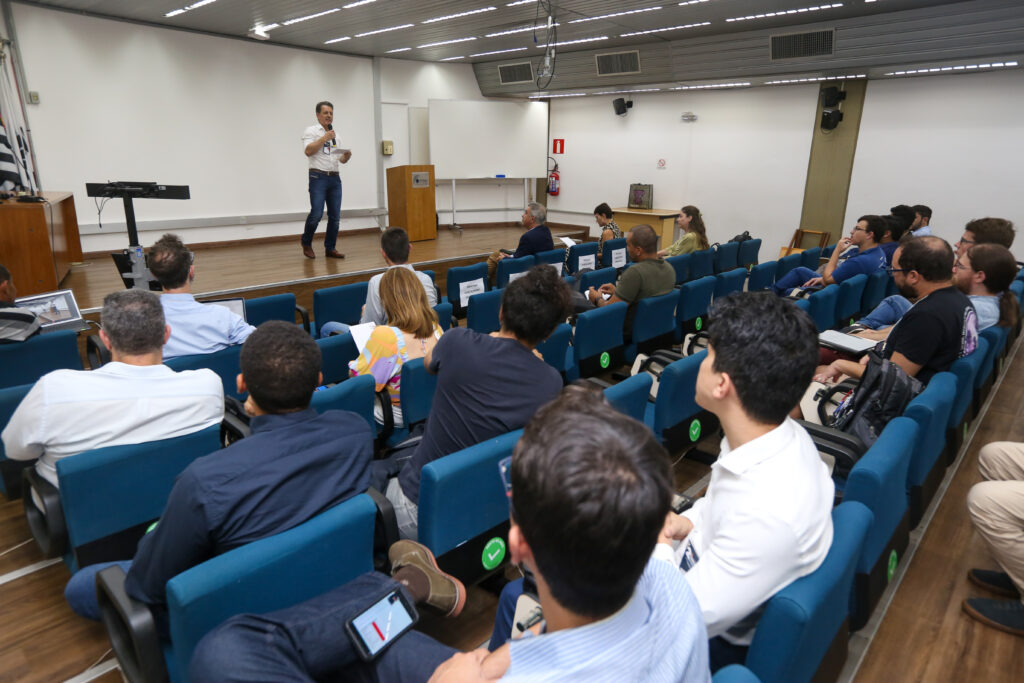
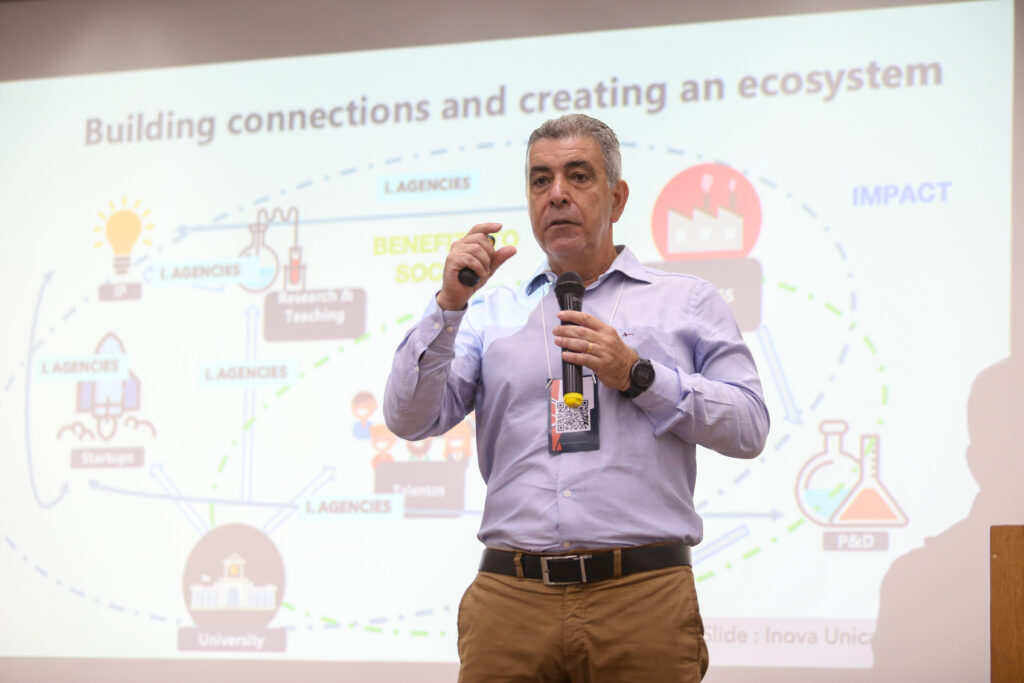
The workshop spanned two days of presentations, discussions and business competitions. The first day saw panel discussions including photonic professionals from Europe, Australia, United States and Brazil, who provided an overview of their working experience and current photonic market opportunities. Professor Dr. Newton Frateschi was the leading workshop organizer, and he summarized his views as follows: “The Second Workshop on Photonics, Industry, and Entrepreneurship was a great success! On its first day, several panels addressed the perspective of innovation and entrepreneurship in photonics in large companies, startups, and Science and Technology institutions, and, of course, the interaction between them. The second day was more focused on students and training topics, supporting the process of thinking about the option of turning knowledge into businesses. A lot of content ranging from Design Thinking to business financing processes. Overall, it was exceptional to see all these contents being fervently discussed in an academic environment in such a way as to enable this same environment to see the great potential for socio-economic impact it can have”.
By the end of the first day of the workshop, “Demo Day” provided space for four early-stage operating startups to present their forward looking business plans to a panel of experts. The four companies were Alfa Sense, Due Laser, MKFotonics and Glass Glass. All teams presented well-thought business plans, it was difficult to determine the winner and after some discussion Alfa Sense was selected. Alfa Sense develops and manufactures sensors based on optical principles.
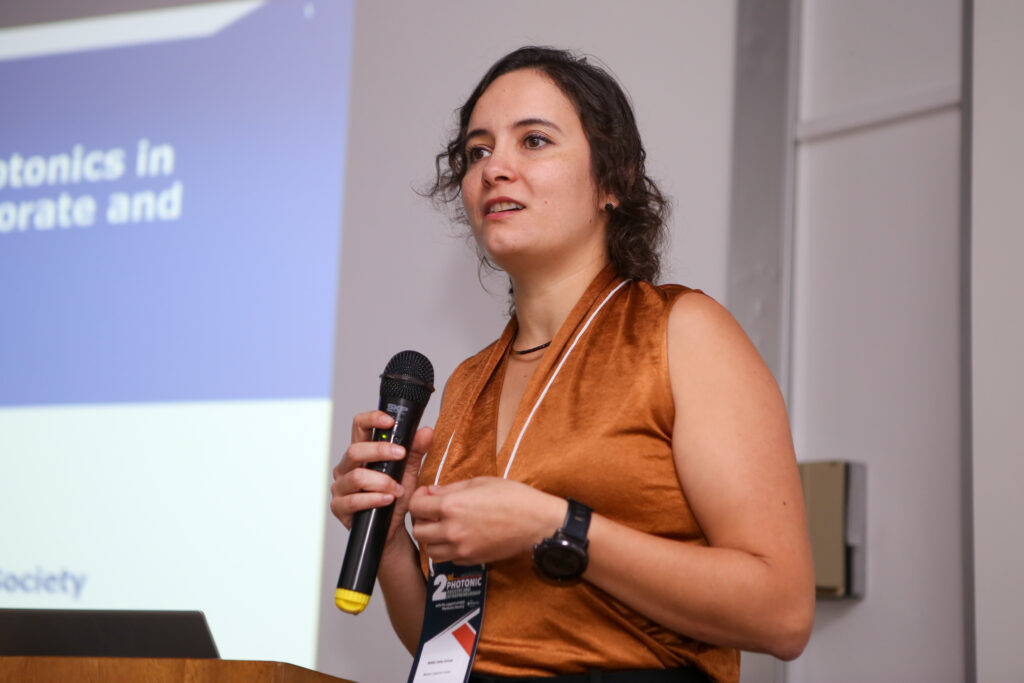
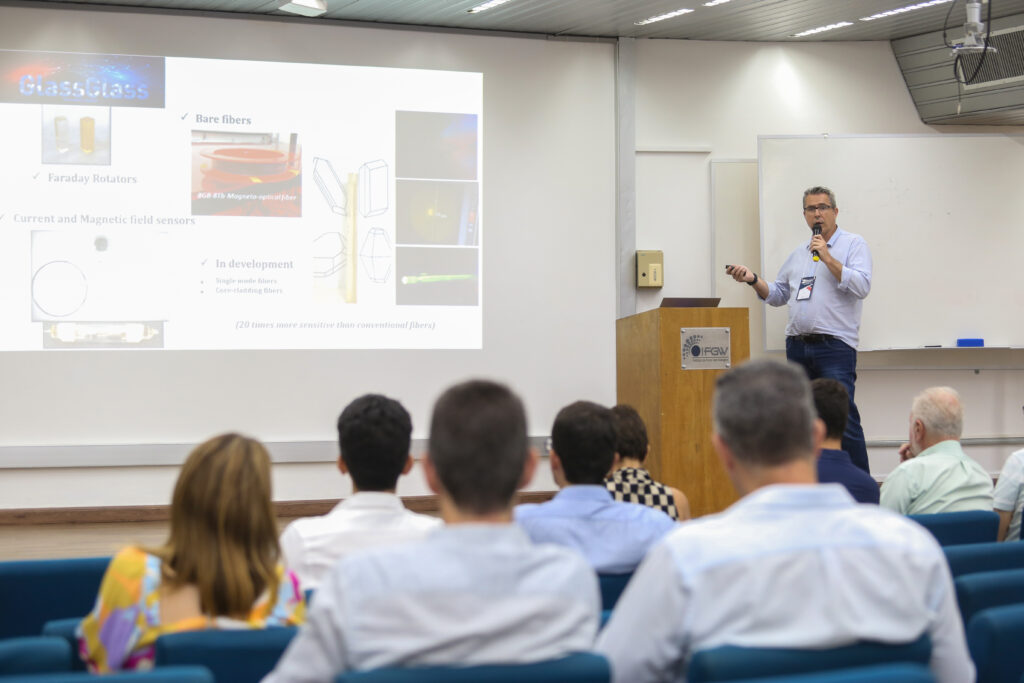
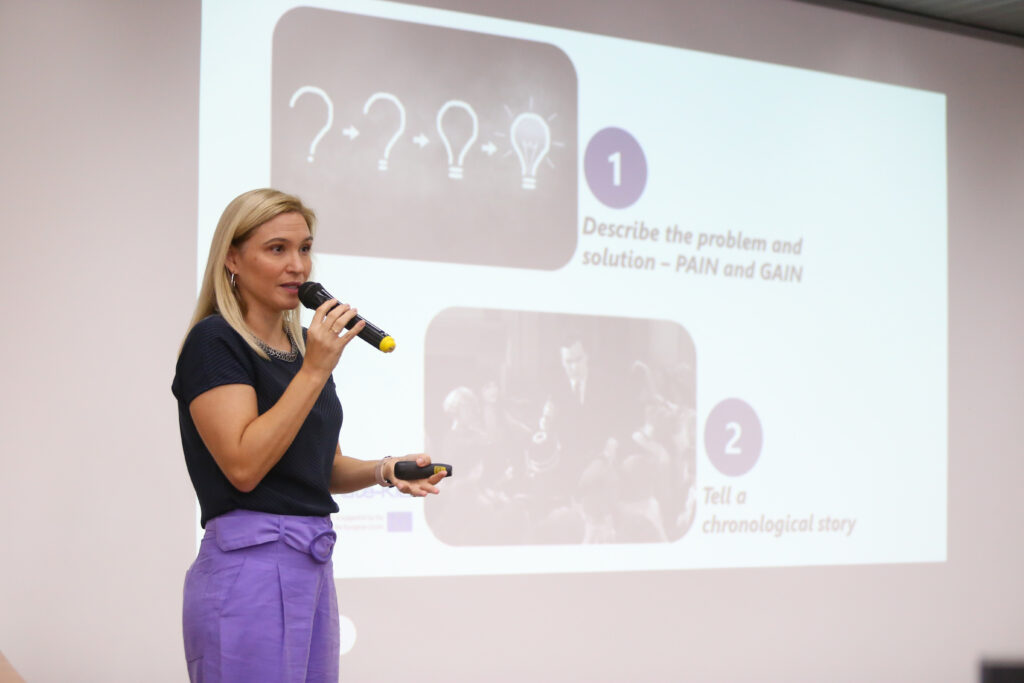
On the second day of the event, the opening presentations described techniques for creating a complete business plan and how to develop a quality pitch, fundamental tools for new entrepreneurs. Then, the Design Thinking panel provided an overview of how the designers’ thinking has transformed the way we conduct innovation projects worldwide. The third panel of the day focused on innovation, investment, and intellectual property.
After so many fundamental discussions, it was time for the “LIF Empreende” business plan competition final. The main goal of “LIF Empreende” is to promote entrepreneurship that could result in the commercialization of technologies created in university laboratories. The initiative aims to stimulate the creation of new startup companies based on university research results, as well as to develop entrepreneurial skills among students and members of academia.
The 5 teams that made it to the final (3S Health, Biolumina, Soliton, NIT-Mandic, and 3S Smart Sensing Solutions) underwent various training sessions and presented excellent projects. The winning team in the “Best Business Plan” category was 3S Health, with a proposed plan to develop wearable remote sensors to alert when a senior person is likely to fall.
By the end of the workshop, Daniel Renner, Chair of the Industry Engagement Committee of the IEEE Photonics Society, said: “Photonics is a fundamental technology present in many aspects of our daily lives. Photonic devices make internet access possible, as well as smartphones, efficient LED lighting, solar energy, air pollution sensors, and many other applications crucial for improvements in our quality of life. Photonics has increased in importance in recent decades and will continue to do so in the future. Brazil is at the forefront of photonic activity in Latin America, but much more needs to be done. Developing a stronger photonic industrial base is one of the gaps that need to be filled. Photonics Entrepreneurship Workshops, such as the one held in Campinas in October, help catalyze business ideas, direction, and enthusiasm needed for creating new startup companies. The workshop was successful in bringing together university students and people from the business, government, and academic sectors to discuss the path forward. Participants showed a remarkable alignment in the direction to take. Students received key information on how to build an entrepreneurial career. The IEEE Photonics Society is proud to be part of this effort, supporting the development of photonic entrepreneurship in Brazil”.
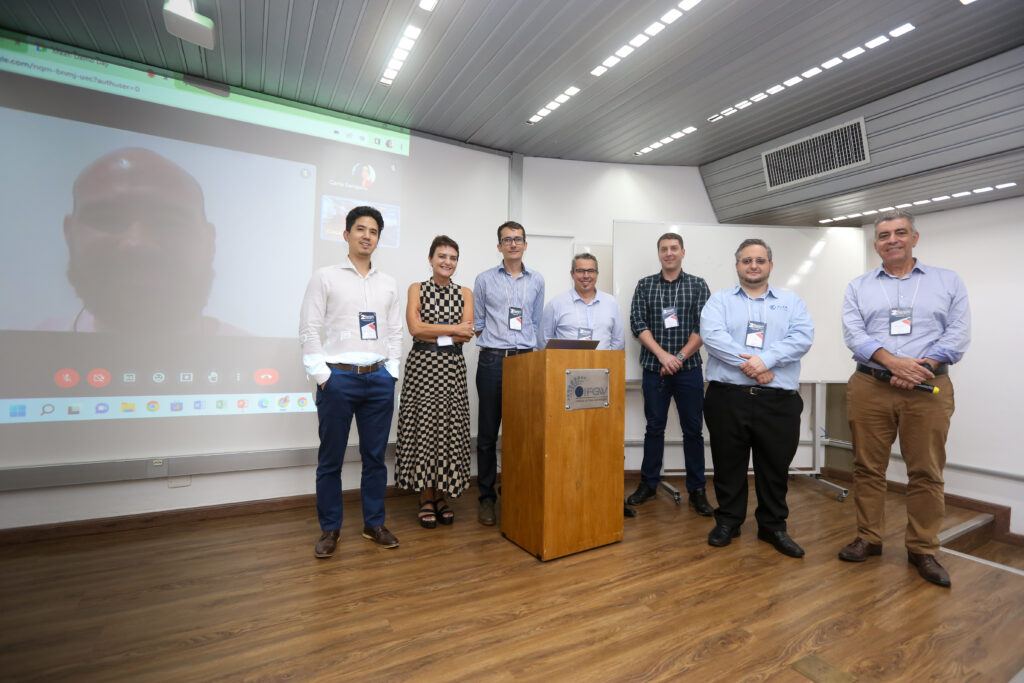
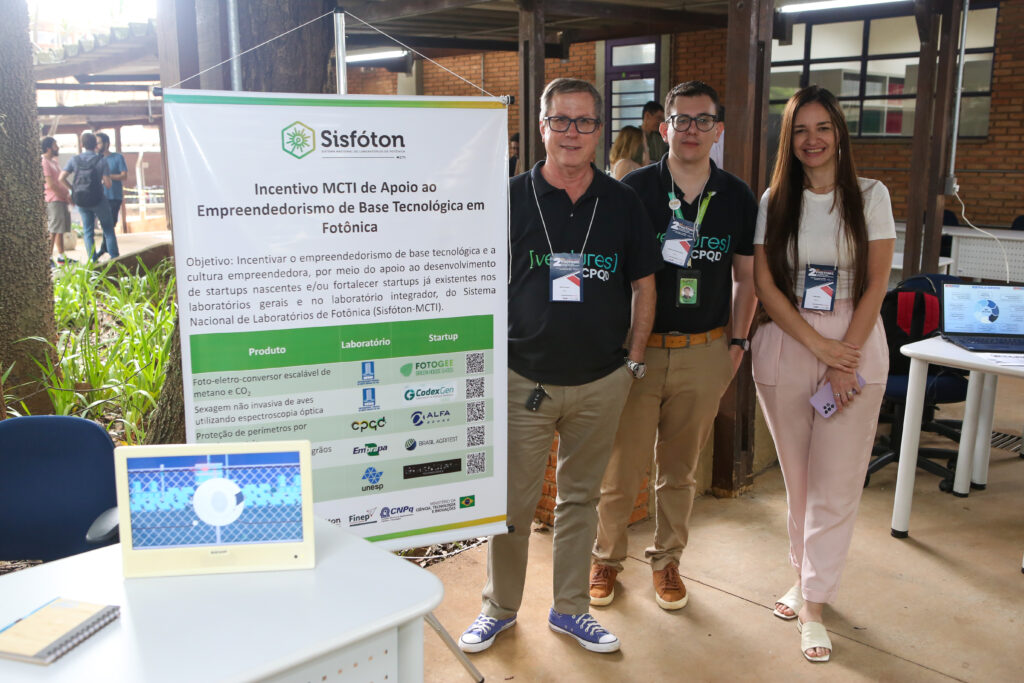
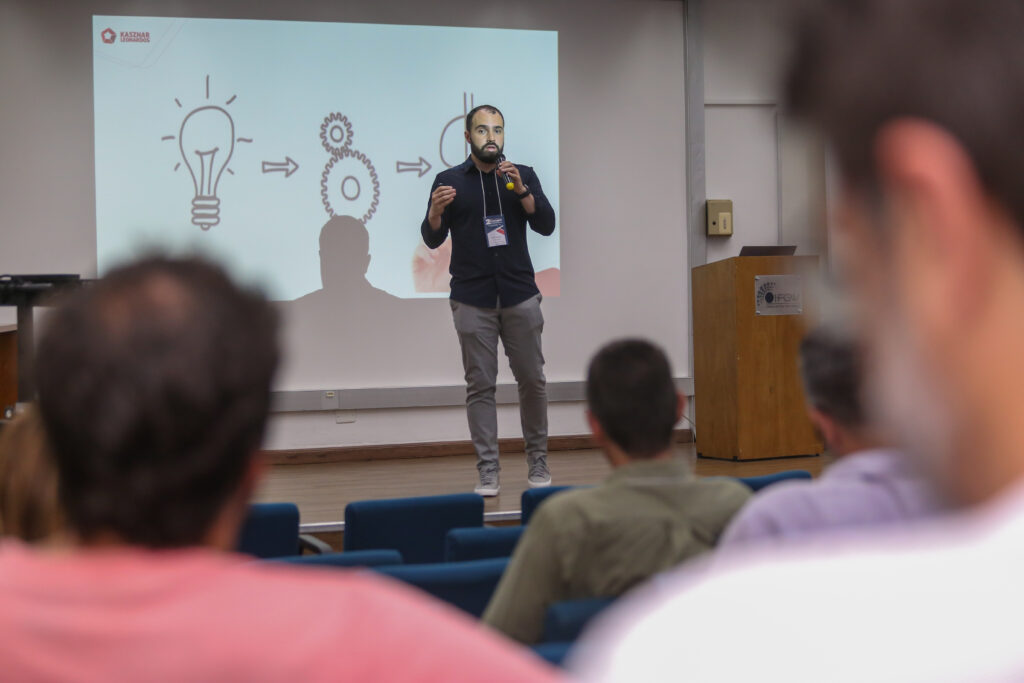
To this, Natalia Cañas Estrada, Associate Vice-President of Strategic Partnerships at the IEEE Photonics Society, added: “It was an honor for me to participate in the workshop. I was impressed with the event overall. The speakers talked about their startups in photonics, how to apply for funding in Brazil, and lessons learned from working in this area. I left with a very positive impression of the entrepreneurial environment at UNICAMP and the city of Campinas. The work that Prof. Frateschi is doing with this workshop encourages the academic community to consider the transition to the industry through innovation and the creation of their own successful professional paths. As a representative of the IEEE Photonics Society from Latin America, I am excited to see the photonics industry flourishing in Brazil. Finally, I would like to remind IEEE members that the IEEE Photonics Society offers tools for entrepreneurs starting their photonics businesses. And if you are not a member yet, this is only one of the many benefits of belonging to this organization”.
The main indicator of the workshop having been a success is that participants mentioned immediately that they had received significant value regarding improvements in their business acumen and that it would be useful to hold another workshop in a year from now. The IEEE Photonics Society is proud to help photonic startups in Latin America and throughout the world by supporting workshops such as this one. For the coming year 2024, the Society is planning to hold entrepreneurship workshops in Mexico and Italy, in addition to the one in Brazil.
[1] Steidel, Manuel; “Challenges and opportunities for photonics in Brazil”; Electro-Optics, August 2020
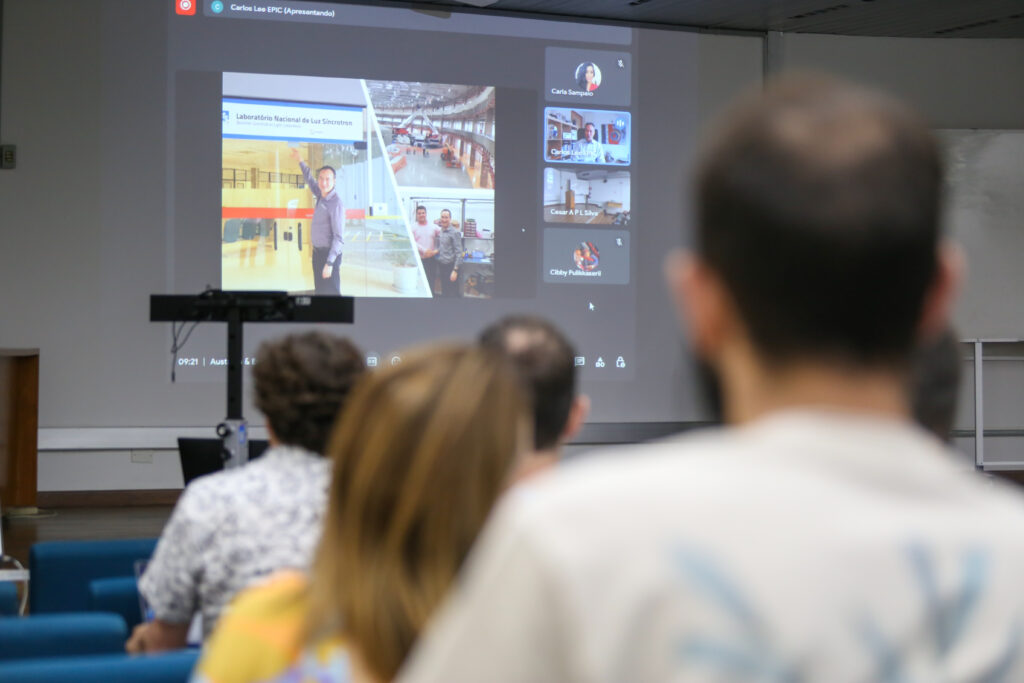
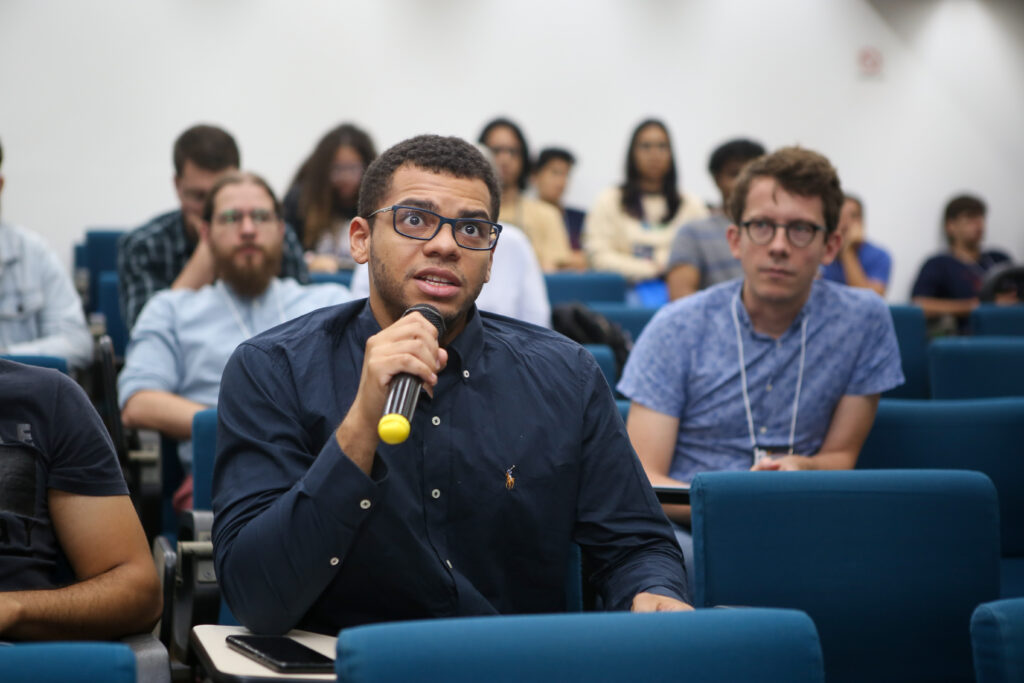
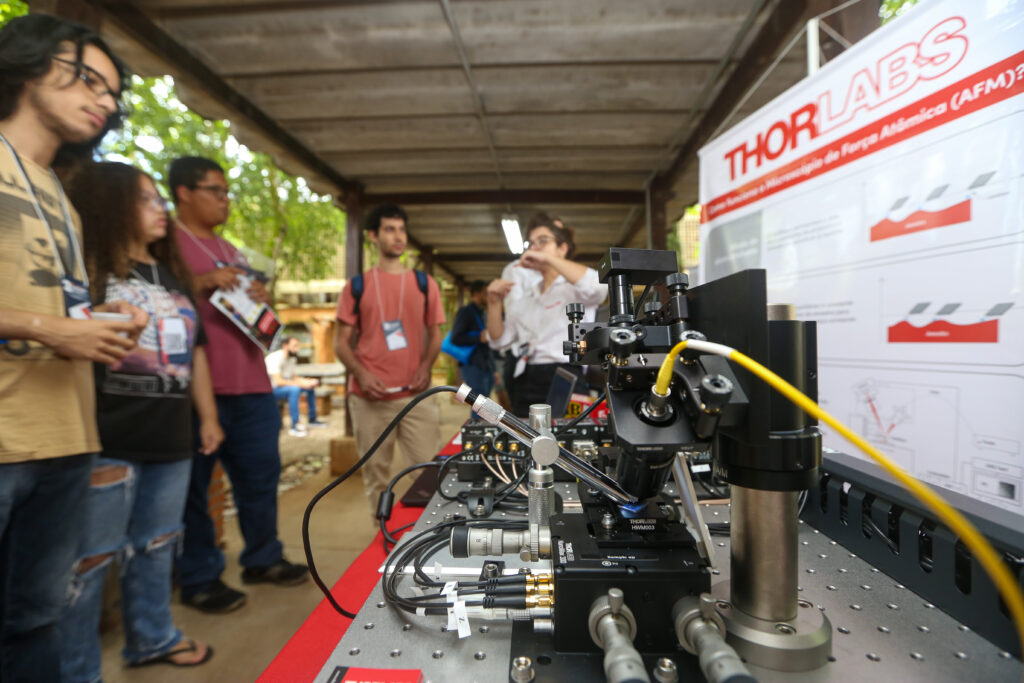
Addendum: Prior to the workshop, Daniel visited Mackenzie Presbyterian University and the Universidade de Sao Paulo. At Mackenzie he visited the graphene labs of Prof Christiano de Matos and talked to Prof Thoroh de Souza about LAOP (Latin America Optics and Photonics Conference). He also talked to Prof Lucia Saito about organizing a Women’s Engineer Day. At the U de Sao Paulo, Daniel visited the quantum photonics lab of Prof Marcelo Martinelli and discussed the possibility of interacting with Inova, the technology transfer branch of the University.
The day after the workshop, Natalia and Daniel visited Prof Frateschi’s labs at UNICAMP, and four companies with photonics activities in the Campinas area, Instituto Eldorado, Lumentum, CPqD and PADTEC.
